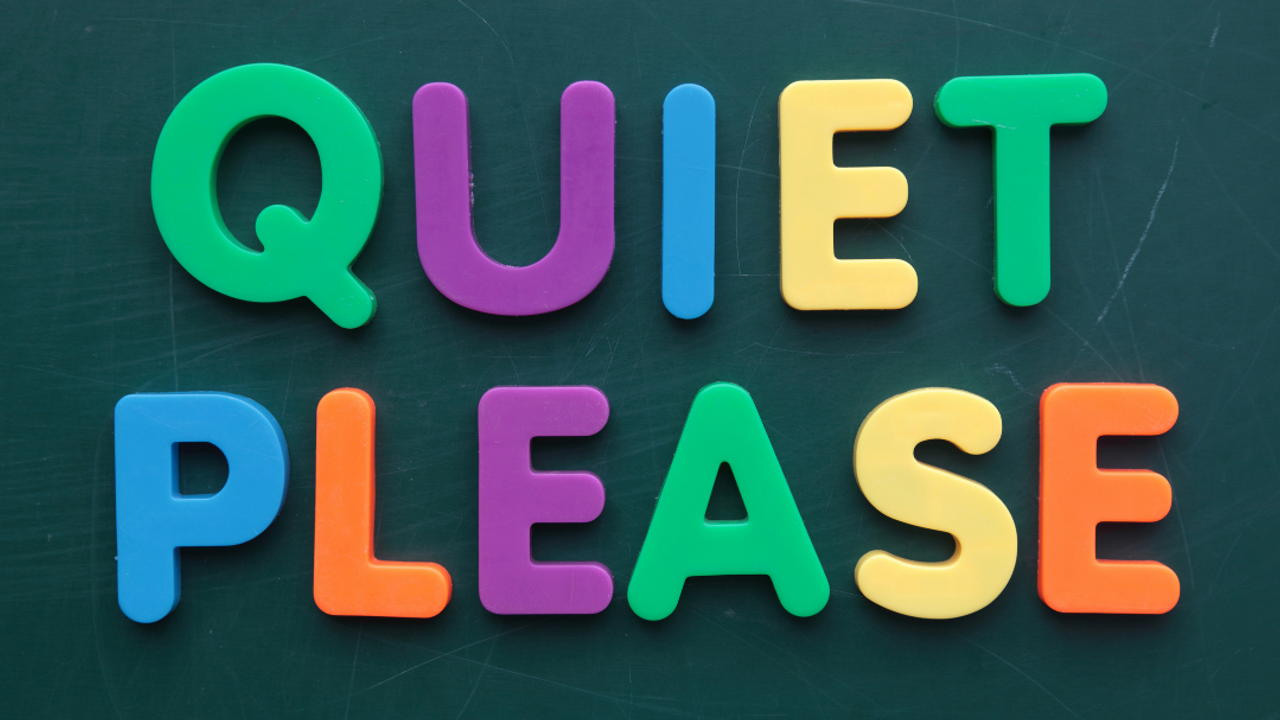Responding to Your Child's Developmental Milestones
Jun 28, 2023
As a parent, you know that your child is growing and developing at a rapid pace. Every day, they are learning new things and mastering new skills. It can be exciting to watch your child grow and change, but it can also be challenging to keep up.
One way to help your child reach their full potential is to identify and respond to developmental milestones. Developmental milestones are specific skills that children typically develop at certain ages. By knowing what to expect, you can provide your child with the support they need to learn and grow. Here is a list of the developmental milestones you may notices at different ages:
1. Infancy (0-2)
- Physical: Rolling over, sitting, crawling, walking, fine motor skills development.
- Cognitive: Object permanence, cause and effect understanding, early language development, simple problem-solving.
- Social and Emotional: Bonding with caregivers, smiling, babbling, recognizing familiar faces, expressing emotions, early language development
2. Early childhood (2-6)
- Physical: Refining motor skills, running, jumping, dressing independently.
- Cognitive: Expanding vocabulary, imaginative play, counting, recognizing shapes and colors.
- Social and Emotional: Engaging in cooperative play, developing friendships, sharing, self-regulation of emotions.
3. Middle Childhood (6-12)
- Physical: Refining coordination and motor skills, participating in sports and physical activities.
- Cognitive: Developing reading, writing, and math skills, expanding general knowledge, logical thinking.
- Social and Emotional: Forming deeper friendships, understanding social rules, empathy, building self-esteem.
4. Adolescence (12-18)
- Physical: Physical changes related to puberty, growth spurts, developing sexual characteristics.
- Cognitive: Abstract thinking, critical thinking, decision-making, planning for the future.
- Social and Emotional: Identity formation, peer relationships, romantic interests, moral development, increased independence.

As children reach new developmental milestones, parents may need to alter their parenting style to accommodate their child's changing needs. Throughout your child's life as they continue to grow, you must adapt to meet their needs.
During infancy, parents can respond to their children's developmental changes by providing a safe and stimulating environment for exploration. Make the safe areas of your house accessible as possible so children can development their gross motor skills. Children at this age can't communicate effectively so it is important to watch your child and identify cues that they will develop. These will be ways your child tells you they are hungry, sleepy, angry, happy and more. Engaging in interactive play and communication is crucial to promote language and cognitive development. Creating a consistent routine helps establish a sense of security.
In early childhood, parents can support their children's growth by encouraging and facilitating their curiosity and exploration. Providing opportunities for imaginative play and creative expression is essential during this stage. Giving kids dolls and other toys to play pretend with is crucial for developing cognitive and social emotional skills. Reading books together and engaging in conversations help develop language and literacy skills. Establish clear and consistent rules and routines to foster a sense of structure and boundaries.
As children enter middle childhood, parents can respond to their developmental changes by supporting their academic development. This can be done by providing resources, helping with homework, and encouraging a love for learning. Fostering social skills is also important during this stage, and parents should facilitate opportunities for friendship building and cooperation. Connect with other parents in an effort to have your kid engaged with others their age. Encouraging independence and decision-making within safe limits helps children develop confidence and autonomy. Slowly give your child more responsibilities. Parents can also help their children explore various hobbies and interests to foster personal growth and self-expression.
During adolescence, parents need to maintain open and non-judgmental communication with their teenagers. This stage involves physical and emotional changes, so offering support and guidance is crucial. Parents can help their teenagers navigate puberty by providing guidance on topics like relationships, sexuality, and responsible decision-making. Encouraging the pursuit of personal interests, talents, and goals is also important. Additionally, helping teenagers develop healthy coping mechanisms for stress and peer pressure is essential during this time.
By understanding how your child will develop and responding accordingly when they meet developmental milestones you can actively participate in your child's growth and development. Read Hacking Parenthood and learn 10 mantras that you as a parent can use to help your children reach their full potential.






